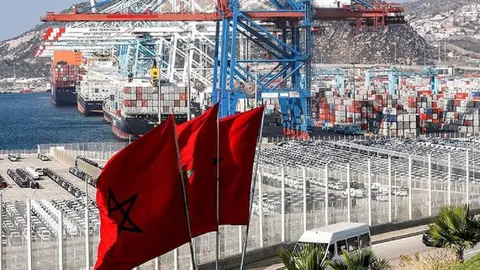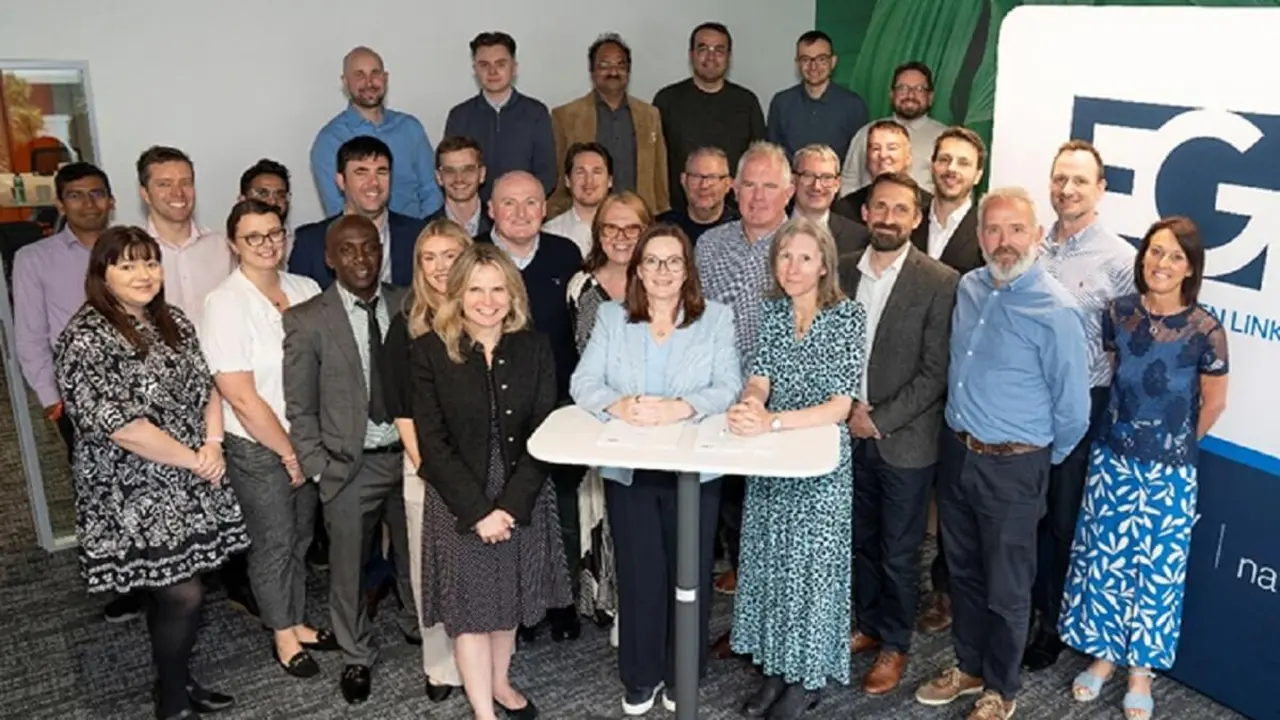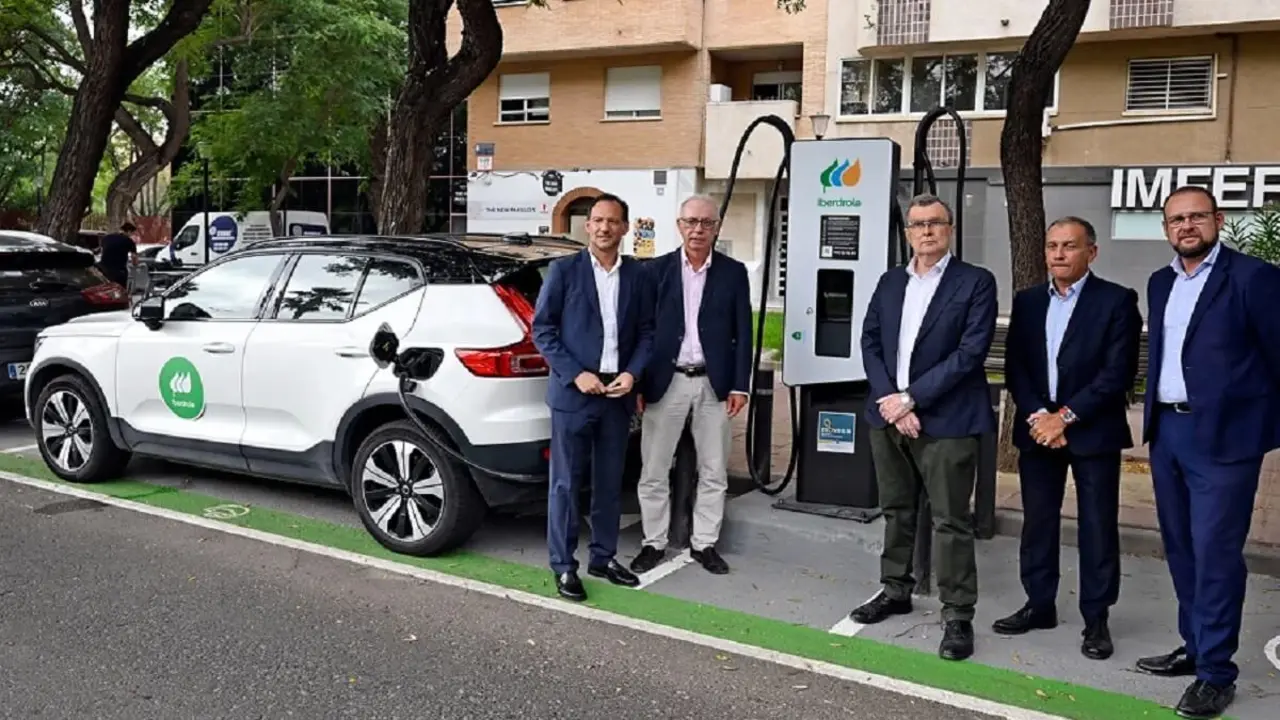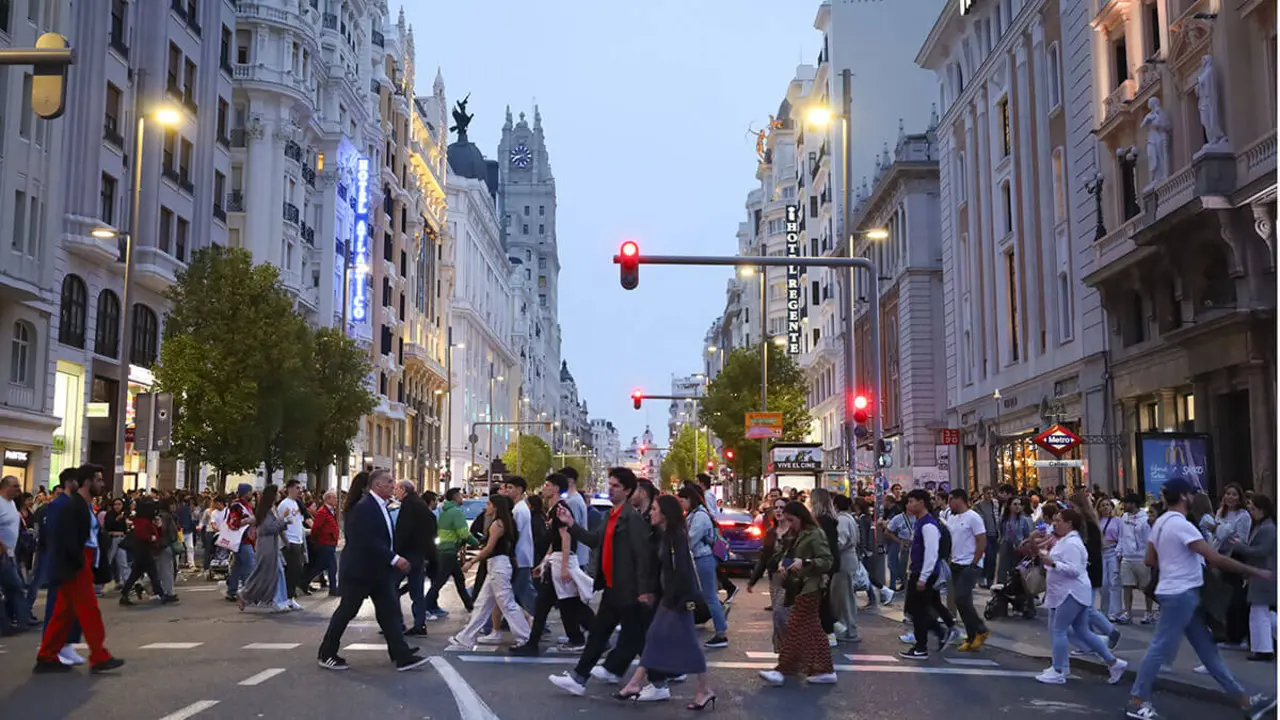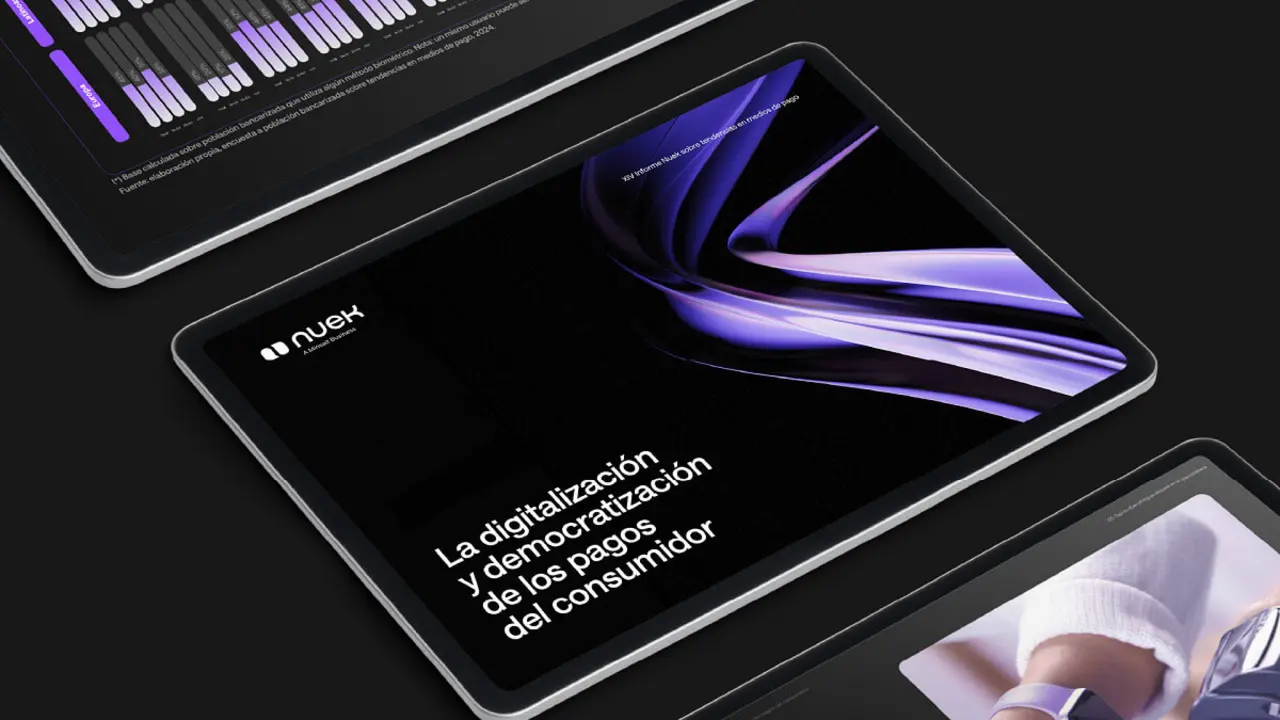Morocco boosts private sector economy with Investment Charter

The Moroccan government has taken significant steps to begin its new development model led by King Mohammed VI. Several projects have been initiated under the Investment Charter. These projects aim to improve the country's economy by involving the private sector in strategic plans and have been approved to increase private financing for investments between now and 2035.
The recently announced projects worth approximately $13 billion signal to investors that Rabat is committed to creating a favourable business climate. The vision led by King Mohammed VI focuses on removing existing obstacles and encouraging private sector participation in the planned initiatives, which are estimated to reach $33 billion over the next 13 years.
The approved projects cover a range of sectors, including industry, seawater desalination, renewable energy, tourism, health, textiles, food industries and aquaculture. The aim is to give an additional boost to economic growth, while addressing the problem of unemployment. These projects are expected to create some 67,000 new job opportunities.

As Alarab reports, Prime Minister Aziz Akhannouch affirmed the government's commitment to investment as a crucial driver of economic advancement. The state hopes to attract domestic and foreign investment, and the meeting of the National Investment Committee is a step forward in investment development policies.
The new investment law provides for financial and fiscal incentives based on sector, location and job creation potential. Private sector companies are expected to carry out 18 investment projects worth USD 1.16 billion with a state contribution of USD 62.6 million. These projects are expected to generate 17.5 thousand direct and indirect jobs.
One of the key objectives is diversification. Therefore, 80% of the approved projects are planned for regions beyond the Madinaty El Jadida-Tangier axis. This approach aims to achieve balanced regional development and to take advantage of the unique assets and resources available in the country.

In addition to private sector investments, the projects include three initiatives of the State Phosphate Company, valued at $6.3 billion. This represents almost half of the company's $12.3 billion investment programme, which aims to increase production through the use of clean energy and create 25,000 job opportunities.
The Committee also awarded strategic status to six other investment projects valued at $5.3 billion and expected to create more than 13,200 direct jobs and 33,100 indirect jobs. These strategic projects contribute to water, energy, food and health security, and benefit from financial and fiscal privileges.
Negotiations are also underway with companies manufacturing batteries for electric cars. These projects involve foreign and domestic investors, have potential for growth in the sector and support Morocco's objective of reaching one million vehicle exports in the coming years.
As projects are developed and investments are made, Morocco aims to position itself as a key player in the regional and global economy, benefiting from the increased involvement of the private sector in driving its development model.

